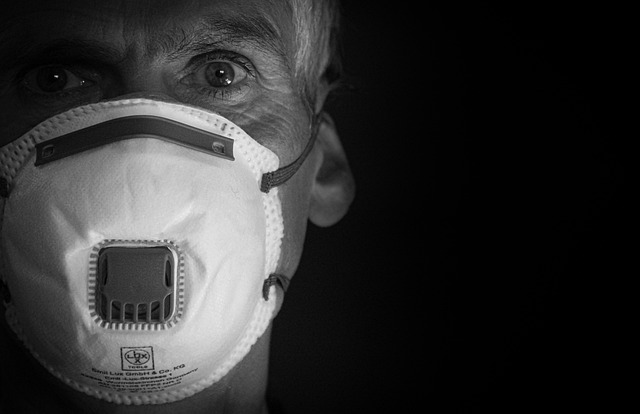The severe allegations of abuse at Lakeland Behavioral Health, a mental health facility, have sparked a crucial discussion on regulation, transparency, and advocacy for vulnerable individuals. Impacted families advocate for justice, pushing for systemic change through increased oversight and public awareness. Effective support involves multi-faceted strategies, including advocacy groups offering tailored services and policy interventions to create a safer environment for future patients.
“Lakeland Behavioral Health, once trusted as a haven for mental health support, has left countless families reeling from traumatic abuse. This compelling issue demands our attention. Our article delves into the dark reality of Lakeland Behavioral Health Abuse, exploring its far-reaching consequences and advocating for justice. We provide an in-depth look at understanding this complex crisis, fighting for accountability, and offering essential resources to support affected families in their pursuit of healing and closure.”
- Understanding Lakeland Behavioral Health Abuse
- The Fight for Justice and Accountability
- Supporting Families: Resources and Advocacy Strategies
Understanding Lakeland Behavioral Health Abuse

Lakeland Behavioral Health, a facility designed to provide mental health services and treatment for individuals in need, has faced significant scrutiny over allegations of abuse. Understanding Lakeland Behavioral Health Abuse requires a deep dive into the experiences shared by former patients and their families. These accounts often detail physical, emotional, and psychological mistreatment, including excessive use of restrictive measures, inappropriate medication practices, and neglectful care.
The exposure of such abusive practices has sparked a crucial conversation about the need for better regulation, increased transparency, and enhanced advocacy for vulnerable individuals within mental health facilities. It’s essential to recognize that Lakeland Behavioral Health Abuse is not an isolated incident but rather indicative of broader systemic issues in the mental health care sector. This calls for collective efforts to ensure the safety, dignity, and well-being of those seeking treatment.
The Fight for Justice and Accountability

Families affected by Lakeland Behavioral Health abuse have long been advocating for justice and accountability. The struggle is fueled by a desire to ensure that no other family suffers the same fate, and to hold those responsible for the mistreatment accountable. This fight is not just about seeking compensation or punishment; it’s about creating systemic change to prevent such atrocities from happening again.
These advocates are pushing for transparency within the mental health care system, stricter regulations on facilities like Lakeland Behavioral Health, and increased oversight to guarantee patient safety. They share their stories publicly, raising awareness about the red flags and warning signs of abusive practices, empowering others to recognize and report potential abuses. Their collective voice demands a fair and just resolution, seeking not only justice for the harmed but also healing for the community.
Supporting Families: Resources and Advocacy Strategies

Supporting families affected by Lakeland Behavioral Health abuse is a multifaceted endeavor. Accessing resources and understanding advocacy strategies are pivotal steps in this process. Organizations dedicated to mental health advocacy play a crucial role by providing information, support groups, and counseling services tailored to help families cope with the aftermath of abuse. These organizations often offer legal aid, financial assistance, and crisis hotlines, ensuring that victims and their families have access to essential tools for recovery.
Advocacy strategies should focus on raising awareness about Lakeland Behavioral Health abuse through public education campaigns and policy interventions. By sharing stories and experiences, families can help normalize conversations around mental health issues and abusive practices. Engaging with local representatives and policymakers enables them to push for stricter regulations and better oversight of behavioral health facilities. This collective action fosters a safer environment and empowers families to seek justice and healing.
The fight against Lakeland Behavioral Health Abuse is far from over, but with increased awareness, strong community support, and dedicated advocacy, families affected by this tragic issue can find hope and healing. By understanding the scope of the problem, demanding justice and accountability, and accessing available resources, we can create a safer, more supportive environment for those who have endured the trauma of Lakeland Behavioral Health Abuse. Together, we must continue to raise voices, challenge institutions, and empower families on their journey to recovery.
